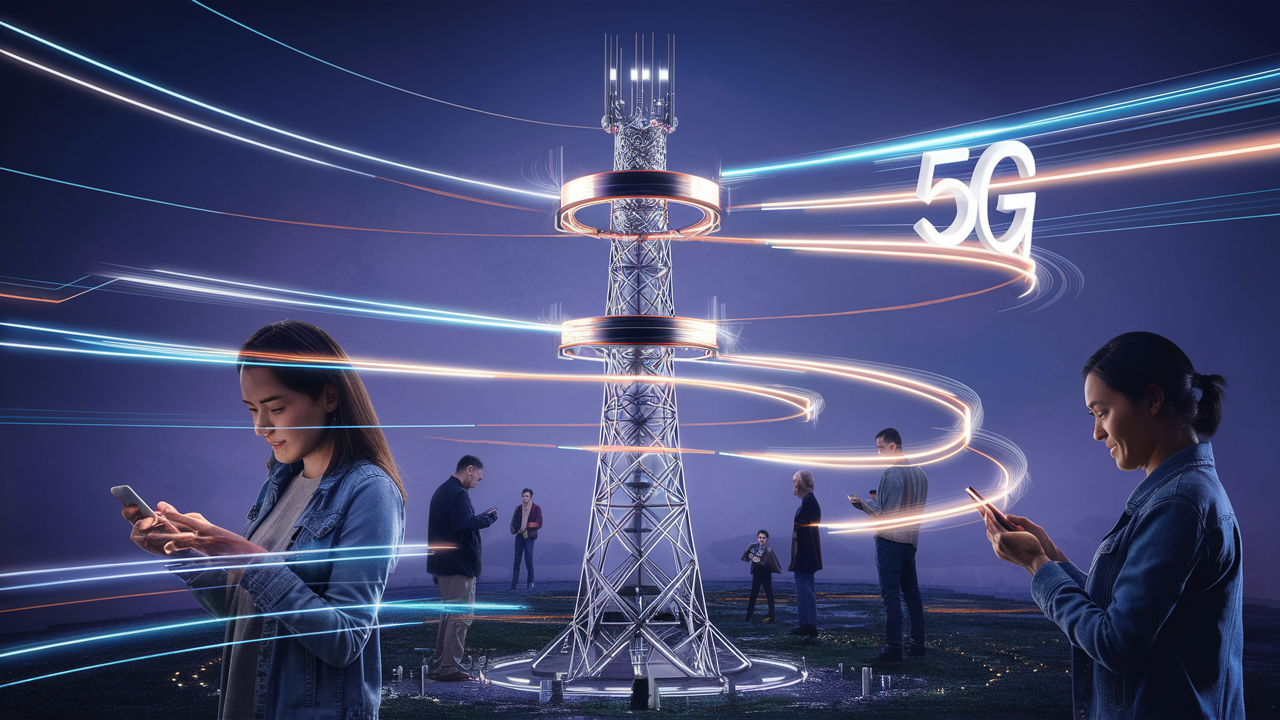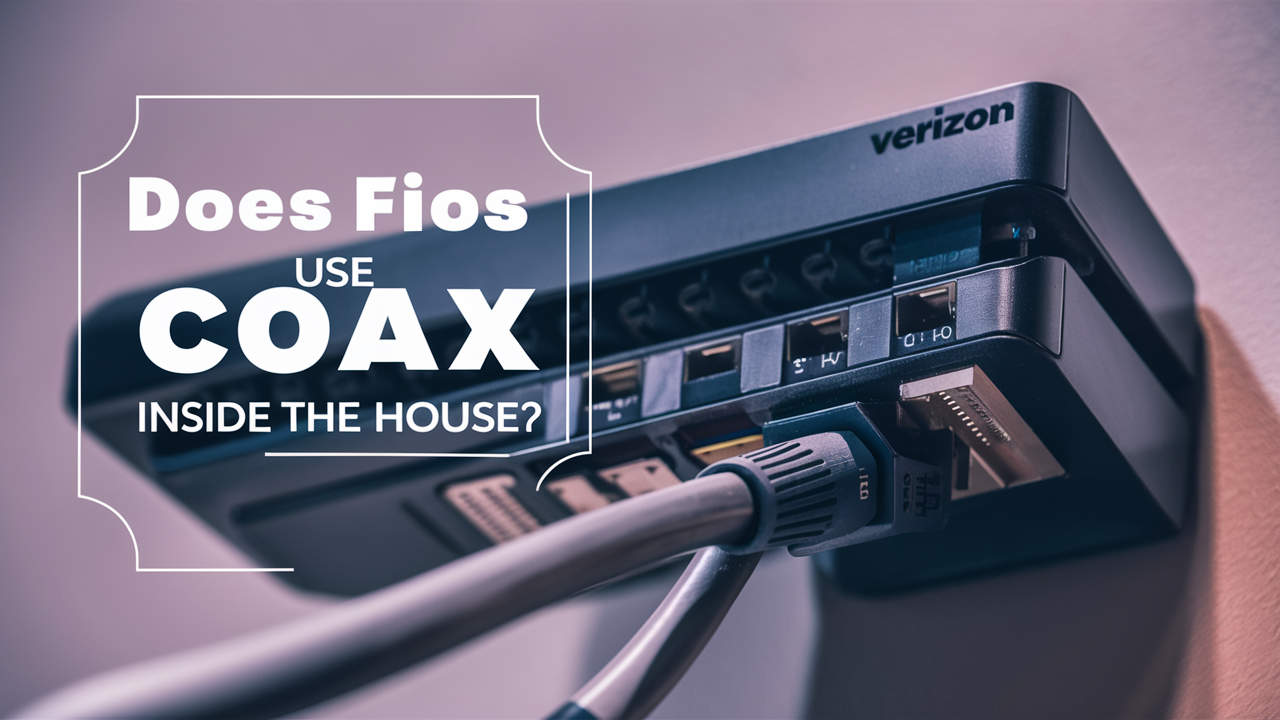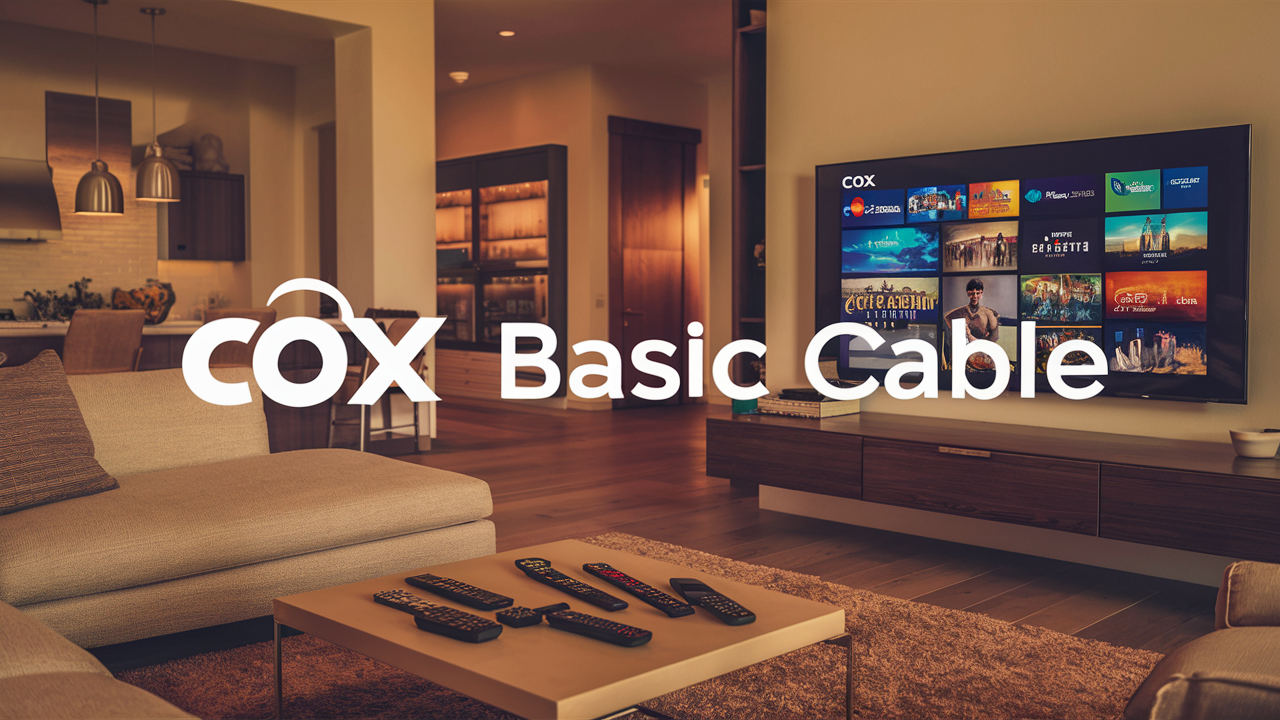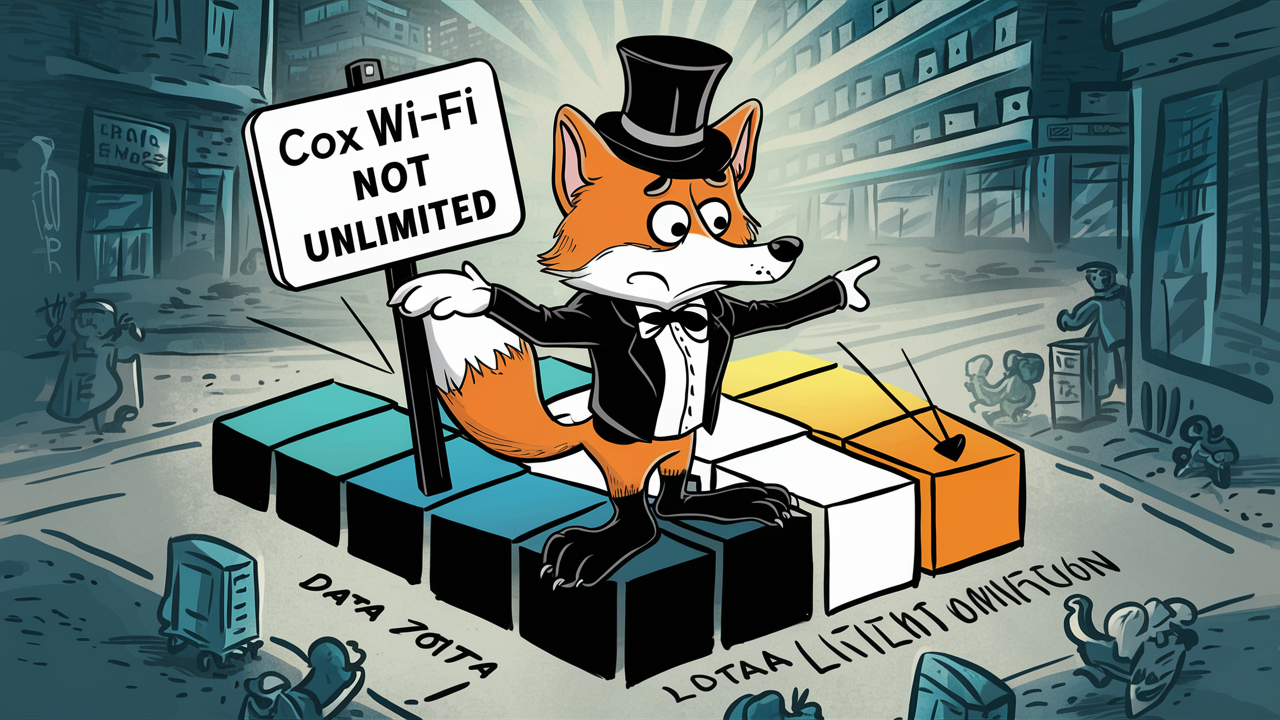Is 5G Internet Faster than Cox Internet?

As the availability of the new 5G wireless technology gives Internet service providers even faster internet connection speeds, many of the cable internet users, like those utilizing the Cox service, are looking to compare 5G to Cox internet speed. Below are some of the aspects that can be useful if you compare 5G and Cox Internet.
What is 5G?
5G is a term used to describe the 5th generation of cellular standards. 5G is expected to bring faster peak data rates than 4G LTE networks; the peak data rate could reach up to 10 Gbps. However, this will not mean that actual speeds will be achieved, as it depends on the distance between a device and the cell towers, the number of devices connected to the network, and other conditions as well. The initial average 5G Download speed in the early stages of the 5G rollout is expected to be about 300 Mbps.
5G employs millimeter-wave technology, which entails higher frequencies that have increased speed but less coverage and signal penetration through buildings than 4G/LTE’s lower frequency bands. This means that while the 5G offers extremely high speed in an ideal environment outdoors near the transmitter, the same speed will not be observed indoors or even at a distance from the transmitter.
Cox Internet offers its customers different speeds depending on the packages that they take from the company.
Cox Communications provides internet through coaxial cables and it has an array of packages with varying speeds from 30 Mbps to Gigabit. Cox’s gigabit internet delivers the fastest download speed of up to 940 Mbps and an upload speed of 1000 Mbps. However, what people get to achieve on the internet is not necessarily the speed that they signed up for because of three factors.
Cox also has the Panoramic WiFi modem and the tools to boost the WiFi speeds in the home by reducing interference and signal strength. This way Cox internet customers get to get the best out of the provisioned internet speeds more over WiFi.
Performance Comparison of 5G with Cox Internet Speed
In addition, although 5G offered a theoretical peak wireless speed through the air, beyond which the speed cannot be achieved, Cox cable internet providers still dominate in terms of speed performance stability.
The speeds available with Cox are gigabit and make it easy to get the high bandwidth necessary for tasks such as streaming 4K videos, playing online games, and engaging in video conferences. The modem models that are considered to be even more progressive include the Panoramic WiFi to enhance the WiFi coverage in a house.
Real 5G is still quite scarce today, and 5G signals struggle to propagate through walls and deliver maximum permitted velocities across blocks. This may result in inadequate signal reception and thus irregular wireless internet network reception as influenced by other aspects like place among others.
However, 5G networks are still underdeveloped and are only in the initial stages of implementation. Over the next few years, coverage and hence capacity are expected to increase, as more spectrum and infrastructure are put in place for 5G.
As for the speeds that are likely to be provided by 5G networks in the future, the average download speeds in the United States are expected to reach and even surpass 250 Mbps within the next 3-5 years. And the top 5G speeds will increase further still with technologies such as mmWave that leverage high frequencies.
Although 5G remains slower than Cox fiber in today’s speeds some experts argue that with the progression of the technology, 5G may even offer average speeds beyond that of cable internet.
When Will The F5 be?
This makes it hard to determine when other national 5G networks might surpass cable providers such as Cox solely based on internet speeds. Forecasting 5G performance may not be easy because network infrastructures are still being rolled out.
However, certain forecasters expect that by the year 2025, the download speed on the fifth generation of mobile networks in the USA will be as high as 500 Mbps on average. At this point, when added to the growing, and steadily enhancing coverage and reliability, some consumers may be able to see that 5G connection surpasses cable internet suppliers.
But Cox is also expanding its gigabit network as well at the same time further. The company is taking the multi-gig speed tier with download speeds up to 2.5Gbps to more households in the region.
Hence, cable broadband speeds are also a process that is in the continuous developmental process as we speak. What this means is that the probability at which 5G speeds could surpass Cox particularly is still a little hard to predict. Although, the two have been rather complementary to each other up to this point it is expected that the rivalry between them will increase in the next 5 years.
The Bottom Line
It is worth understanding that 5G mobile internet services are still at the beginning of their development. The current networks servicing many large urban centers with 5G are not yet at par with the speed and coverage of high-speed cable internet, Cox.
Still, we are only in the phase of initial that people refer to as 5G network development. More 5G spectrum and infrastructure are set to be deployed in the coming years and this will likely lead to a much greater reduction in speed, capacity, and coverage gaps.
Pundits estimate that over the current fiscal period of 2025-2027, enhancements in 5G networks will outcompete cable internet connectivity speed for many consumers. Gigabit cable broadband services are also emerging, which makes it equivocal to predict the services.
Currently, home and business consumers still benefit from high-speed cable broadband, such as Cox that can guarantee the provision of the wired gigabit speed. However, the fight between cable and 5G wireless broadband speeds will be a story arc to follow because of the future growth of 5G networks over the next several years.
Ready to upgrade your internet experience? Call us now at +1 844-349-7575 to explore the best Cox Internet plans for your needs!





